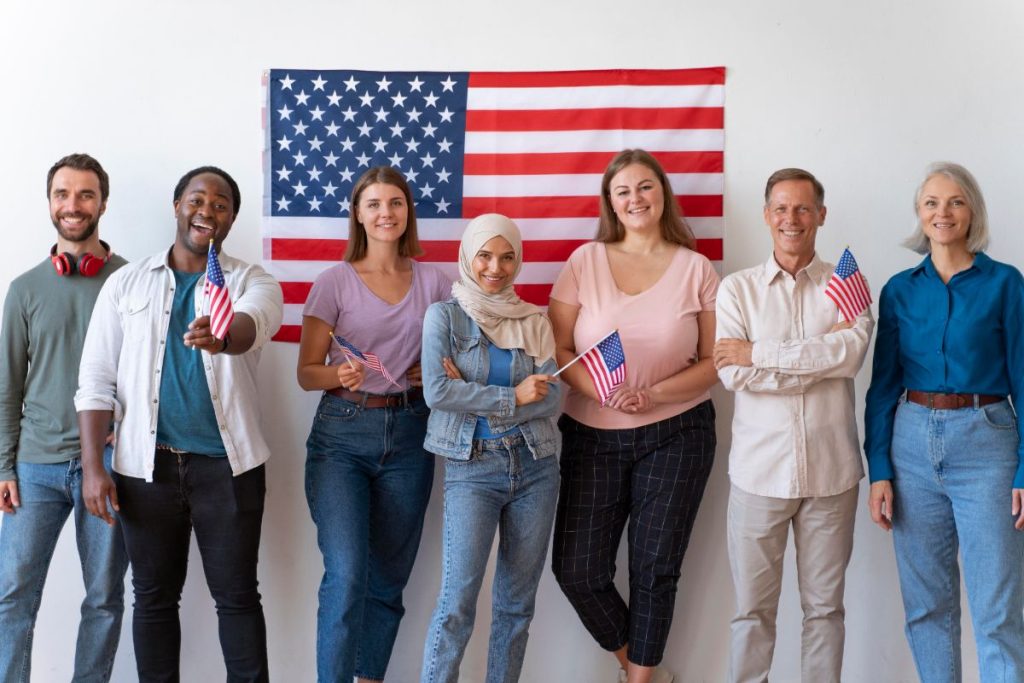one aspect of pharmacy gaining increasing attention is the Activist Relationship TO Pharmacists, which has profound implications for healthcare. In today’s rapidly evolving healthcare landscape, the function of pharmacists extends far beyond simply dispensing medications.
An integral part of the medical staff are pharmacists in charge of guaranteeing the secure and efficient use of drugs, providing patient education, and collaborating with other healthcare providers.
Activists and pharmacists, when aligned, can help address critical public health issues, advocate for better access to medications, and work to improve healthcare equity. But how exactly does the activist relationship with the pharmacist impact healthcare, and what are the key ways this collaboration shapes patient outcomes?
In this article, we explore the intersection of activism and pharmacy, examining how activism influences healthcare practices, the role of pharmacists in supporting social change, and the impact of these efforts on healthcare delivery.

The Role of Pharmacists in Healthcare
Pharmacists have long been seen as experts in medication management, providing counsel to patients and other healthcare professionals on safe drug usage. However, their role has expanded significantly in recent years. The function of pharmacists in public health is vital to disease prevention and healthcare innovation in modern healthcare.
They often collaborate with doctors and nurses in hospitals and clinics, educate patients on managing chronic conditions, and even provide vaccinations to combat infectious diseases.
Pharmacists are also increasingly involved in addressing social determinants of health—factors influencing a person’s health beyond medical care, such as income, education, and access to health services. As this role expands, pharmacists may find themselves in closer alignment with activist movements that focus on improving access to healthcare and reducing disparities.
The Activist Relationship to Pharmacist: A Growing Alliance
The activist relationship with pharmacists primarily focuses on advocacy for change within healthcare systems, policies, and society. Activists, in their efforts to improve social justice, public health, and equity, often push for reforms that impact how healthcare is delivered, who has access to care, and what medications are available to underserved populations. With their expertise and unique position within healthcare, pharmacists can play an instrumental role in supporting these goals.
This alliance between activists and pharmacists has roots in the shared values of equity, justice, and access. Activists advocating for better healthcare policies often find a natural ally in pharmacists, who have the knowledge and platform to influence change in drug accessibility and public health efforts.
Pharmacists are uniquely positioned to serve as community leaders, helping spread awareness of critical social issues and encouraging patients to engage with public health initiatives.
Advocacy for Healthcare Equity
One of the key impacts of the activist relationship with pharmacists is the promotion of healthcare equity. Healthcare inequities, such as disparities in access to medications, healthcare services, and quality care, are a significant issue globally. Activists fighting for social justice and equal rights frequently target systemic problems that prevent marginalized communities from receiving the care they need.
By aligning themselves with these movements, pharmacists can play an essential role in advocating for healthcare reforms. They are often on the frontlines, providing medications to underserved populations, educating patients on their rights, and lobbying for changes in healthcare policy.
The partnership between activists and pharmacists might lessen health inequalities by guaranteeing equal access to essential medications and healthcare services regardless of background.
Access to Medications and Public Health Initiatives
Activism can also directly impact how medications are distributed and accessed. For instance, in drug shortages or rising pharmaceutical prices, activists often rally for policy changes to make medications more affordable and accessible to low-income populations. Pharmacists are crucial allies in advocating these changes, particularly in community settings.
The activist relationship with pharmacists can also improve public health initiatives by addressing issues like vaccination, mental health care, and chronic disease management. Pharmacists with knowledge of healthcare systems and medications can actively collaborate with activists to push for policies that make these essential services more widely available and accessible to underserved communities.
How Activism Shapes the Role of Pharmacists in Healthcare
Pharmacists’ roles in activism and public health advocacy continue to grow as healthcare evolves. The activist relationship with pharmacists has expanded to include advocacy for better healthcare practices and patient rights and promoting social causes that directly impact patient health. Some ways activism shapes the role of pharmacists in healthcare include:
Policy Advocacy and Reform
Pharmacists, particularly those involved in professional associations, have the opportunity to contribute to policymaking processes. Through advocacy, they can influence legislative and regulatory frameworks that affect the distribution of medications, reimbursement for services, and the accessibility of healthcare for vulnerable populations.
Activists may work closely with pharmacists to ensure their recommendations are heard, thus helping drive systemic changes within healthcare systems.
Pharmacists also advocate for changes in public health policies related to healthcare access, affordability, and insurance coverage, working with activists to ensure these policies include marginalized communities.
Expanding Public Health Education
Public health education is another area where the activist relationship with pharmacists can significantly impact. Pharmacists can educate patients and communities on health issues like smoking cessation, healthy eating, and medication management.
By collaborating with activists, pharmacists can extend the reach of these public health messages to broader and more diverse populations, helping to improve health outcomes and raise awareness about social health issues.
In addition, pharmacists can educate patients on their rights regarding access to medications and healthcare, empowering them to advocate for themselves and take control of their health decisions.
Combating Health Disparities
Another way the activist relationship with pharmacists impacts healthcare is by addressing the root causes of health disparities. Activists often focus on issues like income inequality, education, housing, and systemic racism—factors that contribute to poor health outcomes.
Pharmacists can support these efforts by offering resources, providing services to underserved communities, and acting as bridges to connect marginalized populations with healthcare services.
Additionally, pharmacists can collaborate with neighbourhood associations and activists to develop outreach programs that target high-risk populations, such as those without health insurance or living in food deserts. These programs can help reduce the health disparities caused by lack of access to proper healthcare and medications.
Conclusion
The activist relationship with pharmacists is an emerging and vital component of modern healthcare. Activists and pharmacists share common goals of improving healthcare accessibility, promoting social justice, and combating health disparities.
Together, they can promote policies. That will enhance the affordability and accessibility of medications, raise awareness of social issues affecting health, and provide vital healthcare services to underserved populations.
With their unique expertise in medications and patient care, pharmacists are well-positioned to collaborate with activists to drive meaningful change within the healthcare system.
This relationship benefits the individuals who rely on pharmacy services and the broader public health landscape, helping to create a healthcare system that is more inclusive and equitable for everyone.
As the activist relationship with pharmacists evolves, its impact on healthcare will likely grow, bringing about positive change and progress toward better health outcomes for everyone.
Frequently Asked Questions(FAQs):
How do activists and pharmacists collaborate in healthcare?
Activists and pharmacists collaborate by advocating for healthcare reforms, improving medication access, addressing health disparities, and promoting public health initiatives.
What role do pharmacists play in healthcare activism?
Pharmacists advocate for healthcare equity, provide medication management, support public health campaigns, and push policy changes to reduce healthcare disparities.
How does the activist relationship with the pharmacist improve healthcare access?
This relationship helps increase awareness of healthcare inequalities, Facilitating access for marginalized populations necessary medications and healthcare services.
Can pharmacists influence healthcare policy through activism?
Yes, pharmacists can participate in advocacy efforts to shape policies that impact drug accessibility, pricing, and healthcare regulations, often in collaboration with activist groups.
What impact does activism have on public health education?
Activism encourages broader public health education by supporting pharmacists in educating communities on disease prevention, proper medication use, and health rights, especially in underserved areas.











